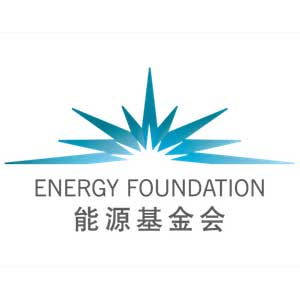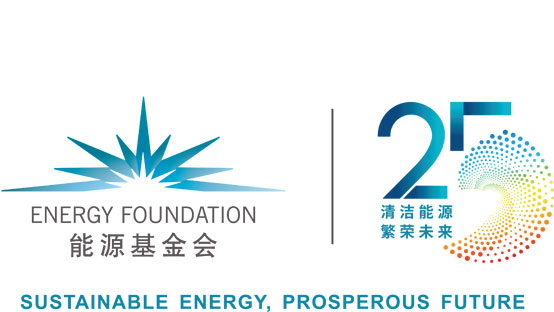A Great American Philanthropist’s Legacy in China

(Cole Wilbur)
“We make a living by what we get, but we make a life by what we give.” Winston Churchill
Cole Wilbur, co-author of Giving With Confidence: A Guide to Savvy Philanthropy, is a veteran grantmaker for philanthropic organizations. During his 23 years at the helm of The David and Lucile Packard Foundation, he helped grow the organization “from a small, obscure West Coast foundation to one of the 10 largest foundations in the United States,” according to Susan Orr, trustee and former chair of the foundation. In fact, giving is part of his DNA. In 1926, Cole’s grandfather Dr. Ray Lyman Wilbur—then president of Stanford University and a Rockefeller Foundation trustee—set out on a two-week sea voyage to China. With him, he carried a check worth 85,000 Yuan—half of the donation needed to help build what would become Tsinghua University’s brand-new biology building, the only one of its kind among Chinese institutions at that time.

(News report about the donation. The copy comes from Cole)
His grandfather’s work planted a seed in young Cole’s heart, and sparked a fascination in both philanthropic endeavors and in China. From 1976 to 1999, Cole served as president of the Packard Foundation, which is the family foundation of David Packard, co-founder of Hewlett-Packard, and his wife Lucile Packard. In 1978, David was invited to China by Mr. Deng Xiaoping and thus started his life-long cooperation and exchanges with the country. In the late 1990s, China’s economy developed very fast, but in an unsustainable way with energy supply heavily dependent on coal. When Cole set off to China in 1998 alongside Susan, daughter of David, they were “able to get together with government officials and talked about energy efficiency, which at the time was just beginning to become very important in China,” he recalled. They also discussed air pollution and other issues that they wanted to try to support China to address. With support of the Packard Foundation, the China Sustainable Energy Program was established in Beijing in 1999, to support policy and standard research as well as capacity building in fields like energy, air quality, and climate change. This later evolved into Energy Foundation China, with Cole as the chair of its Senior Policy Advisory Committee.
Cole believes that climate change is a global issue that requires collective collaboration, and if left unchecked, the planet will become uninhabitable. Although China was less developed during his early visits than the country we know today, Cole saw enormous potential for China to become a major consumer of energy. He also believed that a clean, sustainable energy strategy would help China deal with its energy issues and address climate change, globally.
For two decades, Cole has witnessed Energy Foundation China spreading a culture of philanthropy in China and helping explore a future where China can achieve prosperity and a safe climate through sustainable energy. The foundation has supported leading policy research institutes, academies, industry associations, local energy efficiency institutions, and NGOs across China and other parts of the world. By the end of 2019, Energy Foundation China had funded about 3,000 projects operated by around 760 grantees in China, of total amount of over $330 million dollars in the past 20 years, assisting China in coping with development, energy, environment, and climate change issues.
During his frequent visits to the country, Cole has been impressed by China’s determination and endeavors toward a low carbon economy. He finds that the country is increasingly attaching more importance to environmental topics, a trend that bolsters Cole’s belief on China’s climate commitments. He also believes that China can share its valuable experience with other countries.
Having devoted his entire life to the philanthropy cause, Cole believes that charities can help respond quickly and fill the gaps where governments may have limited resources or capacity. But every organization has its own limitation in terms of resources and funding. Cole suggests that a more collaborative environment that fuels synergy among philanthropies in China will enable these organizations to achieve loftier goals together, such as a sustainable energy future for China.

(Letter between Chen Jining ,then-president of Tsinghua University and Cole. The copy comes from Cole)
Time passes by but memories last forever. In 2014, Chen Jining, then-president of Tsinghua University, met with Cole and recalled his grandfather’s good-will visit and donation 88 years before. In late 2019, they met again as Energy Foundation China celebrated its two decades in the country and entered into a cooperation framework agreement with the city of Beijing, where Mr. Chen serves as mayor now. The two gentlemen warmly agreed to strengthen cooperation. Cole and his family have maintained friendship with China for almost a century, and such commitment continues to deepen. With devotion to sustainable energy and clean air, Cole believes that China can transition to a low carbon economy in the near future.



